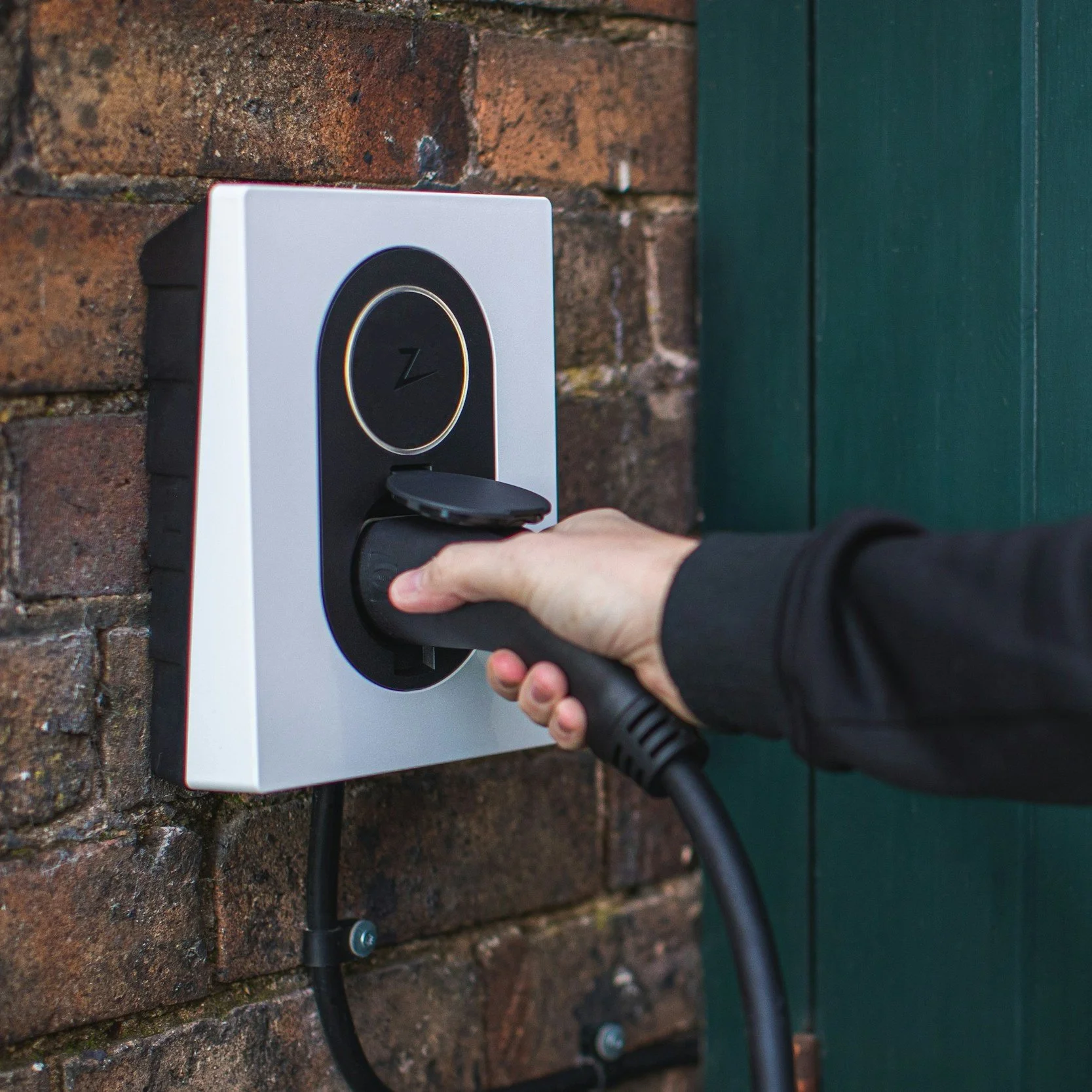The shift to electric vehicles (EVs) is no longer a prediction for the distant future—it’s happening now. With EV sales rapidly climbing and the UK government moving towards a greener transport policy, more homeowners are recognizing the value of having a dedicated electric vehicle charger installed at home. Whether you already own an EV or are considering the switch, there’s never been a better time to install an EV charger at your property.
The Rise of Electric Vehicles
Over the last few years, EVs have moved from a niche market to a mainstream mode of transportation. According to recent statistics, nearly 20% of new cars sold in the UK are fully electric, and that number continues to grow. The government has committed to banning the sale of new petrol and diesel cars by 2035, accelerating the adoption of EVs across the country.
This dramatic shift is driven by several factors:
-
Environmental benefits, including reduced emissions.
-
Lower running costs, with electricity being far cheaper than fuel.
-
Government incentives, such as grants for EV purchases and charger installations.
But as EV ownership rises, so does the need for convenient and cost-effective charging solutions—especially at home.
The Convenience of Charging at Home
One of the main advantages of owning an EV is the ability to “refuel” at home. Rather than relying on public charging stations—which may be busy, expensive, or inconveniently located—having a home charger allows you to charge your vehicle overnight, ensuring it’s ready to go every morning.
Key Benefits of Installing a Home EV Charger:
-
Convenience: No more waiting in line or detouring to find a charger.
-
Cost Savings: Charging at home, especially on an off-peak electricity tariff, is significantly cheaper than public options.
-
Increased Property Value: EV chargers are becoming a desirable feature for prospective buyers.
-
Faster Charging: Dedicated home chargers offer much faster charging times compared to standard three-pin sockets.
Why 2025 Is the Perfect Time
As of 2025, several factors are aligning to make now the ideal time to install a home EV charger:
1. Government Support & Grants
While the UK government’s OZEV grant (Office for Zero Emission Vehicles) has changed in recent years, there are still funding options available for certain properties, including flats and rental homes. Taking advantage of these schemes while they’re available can significantly reduce installation costs.
2. Improved Charger Technology
The latest generation of home chargers are smarter, faster, and more energy-efficient. Many come with features such as:
-
App control and scheduling
-
Solar panel integration
-
Load balancing to protect your home’s electrical system
These smart chargers make it easier to manage your energy usage and reduce your carbon footprint.
3. Energy Prices Are Stabilising
After a volatile period of rising energy prices, the UK electricity market is showing signs of stabilization. This makes it more viable to run an EV at lower cost—especially if paired with a time-of-use tariff that rewards off-peak charging.
4. Rising Public Charger Costs
While public EV charging networks are expanding, the costs of using them have also increased. Some rapid chargers now charge higher rates than petrol per mile. Having a home charger shields you from these fluctuating costs.
Installation: What You Need to Know
Installing a home EV charger is a relatively straightforward process, but it must be done by a qualified professional. The charger is typically mounted on an external wall near your driveway or parking space and connected to your home’s electrical system. Most installations take just a few hours.
It’s important to work with a certified installer who understands local electrical codes and regulations. Whether you’re in Kent or nearby areas, it’s wise to consult with a trusted Electrician Tonbridge or Electrician Tunbridge Wells to ensure a safe, compliant, and efficient installation.
Choosing the Right Charger
Not all EV chargers are created equal. When choosing one for your home, consider the following:
-
Charging Speed: Most home chargers are 7kW, which balances speed and compatibility with typical UK household wiring.
-
Tethered vs. Untethered: Tethered chargers come with a built-in cable; untethered ones allow more flexibility.
-
Smart Features: Look for models with smartphone apps, scheduling tools, and energy monitoring.
-
Warranty and Support: Choose brands with a good reputation and support network.
Preparing for the Future
As EV technology continues to evolve, having a home charging point puts you in a strong position for the future. Whether you're planning to upgrade your EV, install solar panels, or simply want to stay ahead of energy trends, a charger is an essential part of a modern, sustainable home.
Additionally, as more homes are fitted with smart meters and integrated energy systems, your EV charger could eventually serve as a hub for energy storage and grid balancing—helping you save money and support the national grid.
Conclusion
Installing an EV charger at home is more than a practical upgrade—it’s a forward-thinking investment in your lifestyle, your property, and the planet. With EV adoption accelerating and infrastructure expanding, homeowners who act now will enjoy the greatest benefits.
If you're ready to make the switch, connect with a qualified Electrician Tonbridge or Electrician Tunbridge Wells to explore your options and take the next step toward a cleaner, more convenient future.




